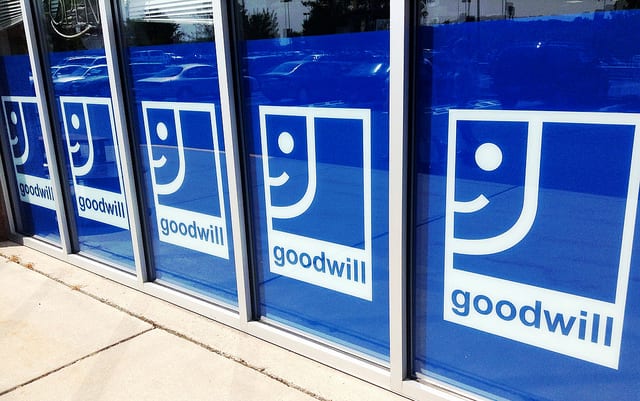By Arunima Bhattacharjee
Last night’s party was a blast! You and your friends drank and today, you decided to share all of those pictures and videos on your social media: Facebook, Twitter, Instagram etc. Your friends will have a great laugh, people will see how crazy you were at the party and everything will remain a memory. Until one day when you apply for a job, and your recruiting employer decides to check your social media. When they see all your pictures from that night, they will either think you are a very social person or they might actually reject you based on what you did in the past.
Social media is a great place for employers to learn more about a potential candidate. About 93 percent of recruiters check the social media profiles of prospective candidates before they make a decision to hire them. And sometimes, what they find can be a major factor in hiring that person or not. A survey conducted by CareerBuilder with 2,200 hiring human resource managers found that 48 percent of hiring managers didn’t hire a candidate based on what they found on their social media.
Now I am quite positive that you don’t want to be that person who gets rejected from a job because of something you posted on social media. Therefore, here are some tips that can help you brand yourself on social media:
Identifying your brand
From the moment you went on cyberspace you formed your own brand. Google yourself, know what’s coming up when you search your name. The privacy settings on Facebook changes often, so be cautious of what is public and what isn’t. Therefore model a good positive behavior. If you want to impulsively post and share things, do it with positive intentions.
Be Real
Your employer wants to know if you’re really the person you say you are, and social media is there to prove it to them. You don’t have to post things on Facebook or twitter to look more experienced or knowledgeable. You just have to be you (without the drunken pictures of course.)
What you write on social media matters
If you had a bad experience at a previous job, don’t write about it on social media. The hiring manager for your current job prospect will definitely not appreciate what you had to write about your previous employers, and that might put you at risk to getting the job. These 10 people lost their jobs because of something they posted on social media. You don’t want to be them before you even get the job.
Social media is filled with information about all of us. You don’t have to be fake to make yourself look appealing to the job recruiter. However, be conscious about what you post on your Facebook or Twitter. Just be yourself and don’t over exaggerate about your abilities or change your name to provide more security to your private life. Employers will like it if you do have social media because it proves you are up-to-date with the internet and obviously because you have a social life. So go out there into cyberspace and fix what needs fixing.




